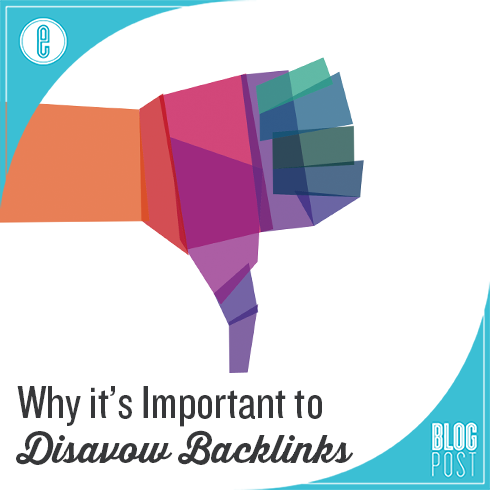Once upon a time, search engine optimization was a simple process. Optimize your website on specific keywords, create lots of backlinks by getting other people to link to it, and voila – you’re shooting up the Google rankings. Okay, so it wasn’t quite that simple, but it’s only become more complicated in the recent past.
What Happened?
When unethical marketers realized the importance of backlinks, they began buying them from fraudulent sites, artificially driving up their rankings without any “true” backlinks to their site. Google, the dominant search engine in the field, recognized the problem, and included updates to its search algorithm that detected fraudulent backlinks and penalized websites that utilized them.
Unfortunately, that solution only led to more problems. Now, the unethical marketers who had thrived on selling backlinks to customers looking to shoot up the rankings began looking for other ways to monetize their efforts. Their solution: selling their services for use on a competitor. In other words, you can now purchase fraudulent backlinks to a competitor’s site, ensuring that their penalization by Google helps you rank higher than them in search engine results. It’s a highly unethical practice, but also raises an important question:
If someone does this to you, what can you do?
Fortunately, Google has an answer. It’s webmaster tools include a tutorial on exactly how to disavow backlinks you deem to be fraudulent. It’s an arduous process that includes combing through potentially hundreds of links while trying to determine which ones are legitimate and which ones aren’t. Because of its laboriousness, many marketers stay away from doing this. But it’s absolutely crucial if you want to avoid being penalized, and the penalties can be heavy: if thousands of bad backlinks go back to your page, Google may ban you from its search results entirely.
Which backlinks are bad?
So how do you know which backlinks are potentially harmful? After going through the above-linked tutorial, pay special attention to those that don’t seem to make sense with your business. Generally, paid bad backlinks are to some type of adult-only websites, which make them conveniently easy to disavow. Others, though, are less obvious. If you’re not sure, you can check them manually by following the link. But be careful: they may lead to harmful sites.
How often do you need to disavow?
That leaves just one question: how often do you need to go through this process? Most experts recommend disavowing backlinks about once a week, but you may simply not have the time to go through hundreds and potentially thousands of links that often. We do recommend doing so at least once a month because once Google has penalized you, you may not be able to get back to your previous rankings for which you worked so hard.
In short, backlinks can be both the savior and the downfall of your entire search engine optimization strategy. By regularly checking and disavowing potentially harmful backlinks, you can ensure that you remain high in search engine rankings, solidifying SEO as an important part of your inbound marketing efforts.
-FINAL(01-00)-White&Blue-01.svg)





